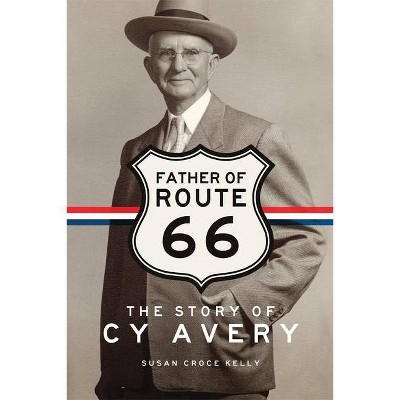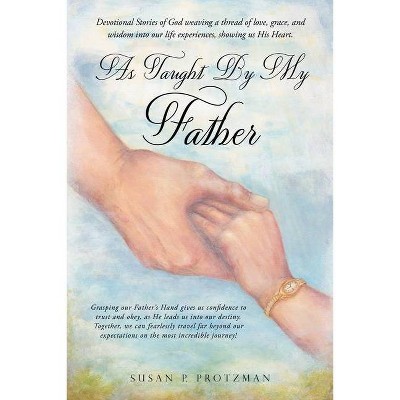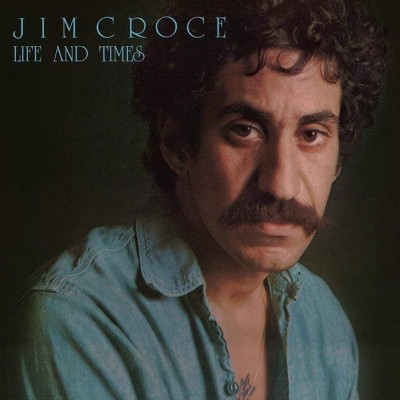Father of Route 66 - by Susan Croce Kelly (Hardcover)

Similar Products
Products of same category from the store
AllProduct info
<p/><br></br><p><b> About the Book </b></p></br></br>In this engaging biography of a remarkable man, Susan Croce Kelly begins by describing the urgency for "good roads" that gripped the nation in the early twentieth century as cars multiplied and mud deepened. Avery was one of a small cadre of men and women whose passion carried the Good Roads movement from boosterism to political influence to concrete-on-the-ground. While most stopped there, Avery went on to assure that one road--U.S. Highway 66--became a fixture in the imagination of America and the world.<p/><br></br><p><b> Book Synopsis </b></p></br></br><br>If it weren't for Cy Avery's dreams of better roads through his beloved Tulsa, the United States would never have gotten Route 66. This book is the story of Avery, his times, and the legendary highway he helped build. <p/>In this engaging biography of a remarkable man, Susan Croce Kelly begins by describing the urgency for "good roads" that gripped the nation in the early twentieth century as cars multiplied and mud deepened. Avery was one of a small cadre of men and women whose passion carried the Good Roads movement from boosterism to political influence to concrete-on-the-ground. While most stopped there, Avery went on to assure that one road--U.S. Highway 66--became a fixture in the imagination of America and the world. <p/><i>Father of Route 66</i> transports readers to the years when the United States was moving from steam to internal combustion engines and traces Avery's life from his birth in Stevensville, Pennsylvania, to his death more than ninety years later. Avery came west in a covered wagon, grew up in Indian Territory, and spent his adult years in oil-rich Tulsa, where fifty millionaires sat on the Chamber of Commerce board and the builder of the Panama Canal dropped in to size up a local water project. <p/>Cy Avery was a farmer, teacher, real estate professional, oil man, and politician, but throughout his long life he remained a champion for better roads across America. He stood up to the Oklahoma Ku Klux Klan, hatched plans for a municipal airport, and helped build a 55-mile water pipeline for Tulsa. The centerpiece of his story--and this book--however, is Avery's role in designing the national highway system, his monumental fight with the governor of Kentucky over a road number, and his promotional efforts that turned his U.S. 66 into an American icon. <p/><i>Father of Route 66</i> is the first in-depth exploration of Cy Avery's life and his impact on the movement that transformed twentieth-century America. It is a must-read for anyone fascinated by Route 66 and America's early car culture.<p/><br></br><p><b> Review Quotes </b></p></br></br><br>"In <i>Father of Route 66</i>, Susan Croce Kelly has done more than write the life of Cyrus Avery. She has told the story of modern Tulsa, Route 66, and the times in which both of them became important."--<b>T. Lindsay Baker</b>, author of <i>American Windmills: An Album of Historic Photographs</i> and <i>More Texas Stories I Like to Tell My Friends</i><br><br>"The name Cy Avery is most closely associated with Route 66, but his life's work involved many other notable achievements. Susan Croce Kelly has done an exceptional job of bringing both the man and his times to life. This important work is long overdue."<b>--Jim Ross</b>, author of <i>Oklahoma Route 66</i><br>
Price History
Price Archive shows prices from various stores, lets you see history and find the cheapest. There is no actual sale on the website. For all support, inquiry and suggestion messagescommunication@pricearchive.us




















